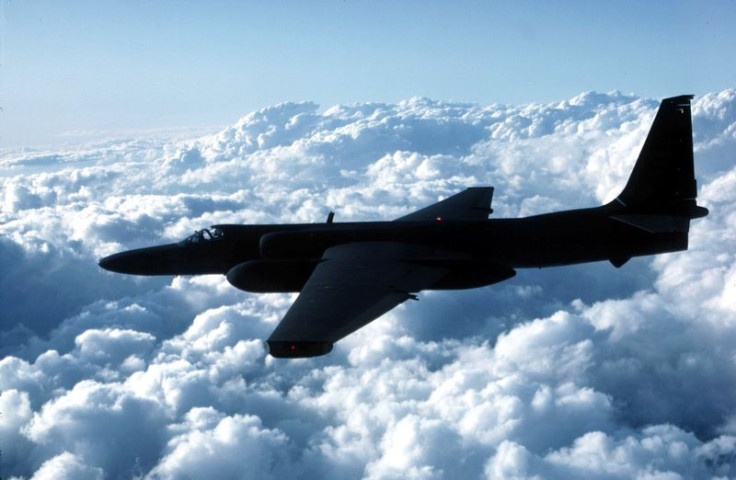U.S. Surveillance Flights Over Syria Could Be Helping Assad's Faltering Forces

The widely decision by the U.S. to conduct surveillance flights over Syria reportedly approved by President Obama Monday casts doubt on whether the Syrian regime has the ability to combat Islamic State militants on its own. The implicit acceptance of U.S. surveillance flights could mean ISIS poses such a serious threat, the Assad regime is willing to allow a long-time political enemy to enter its airspace for intelligence gathering.
“ISIS is stronger than the Assad military,” said Max Abrahms, a terrorism expert at Northeastern University in Boston. “Otherwise [Obama] would never be willing to infringe on Syrian sovereignty.”
The Islamic State militia, formerly known as ISIS, has advanced on both opposition and regime strongholds in the past two weeks with little resistance, opposition activists in Aleppo said. The Sunni militants Sunday took over the Tabqa air base in the east, seizing weapons and ammunition. Last week the group made advances on towns near downtown Aleppo, Syria's commercial capital, and the Turkish border.
Neither the Syrian regime nor the opposition forces have been able to stop ISIS. While the opposition Free Syrian Army has said it does not have the resources needed to fight the militant group, the Assad regime has been outwardly confident about its capabilities. But experts say U.S. surveillance flights in Syria could indicate the regime does not have the ability or resources left to fight off the extremist group.
“Syrians had a pretty integrated national defense system but since then it has been significantly degraded by the course of the war,” said Jeffrey Wright, a senior fellow at the Washington Institute for Near East Policy. “The question is how much of that degradation has occurred.”
Wright said since the beginning of the Syrian conflict, the Assad regime has suffered losses in all of its military forces, including the air force. "The way the Syrians soldiers defend themselves is they put in a lot of ammunition and weapons but not a lot of troops in their bases," Wright said. "And then they fall and that all goes to ISIS."
Soldiers and pilots began defecting from the military at the start of the revolution in the spring of 2011 and joined opposition groups, including extremist battalions that eventually merged with ISIS. As the soldiers left the military, so did their weapons. Now, opposition groups are fighting with what were once Syrian military weapons.
Faced with the rapid rate of defection and loss of supplies, the Syrian regime has not been successful at regrouping, Wright said.
“They haven’t received any replacements that I am aware of,” said Wright, who has studied the Syrian defense system intensively since the beginning of the civil war and regularly inspects satellite images of regime strongholds that are still in government control, as well as those that have been taken over or seized.
The most recent loss for the regime, the Tabqa airbase, was not a first-line base though it stored a “significant amount” of ammunition and missiles. It housed second and third-ranked squadrons. According to military aviation analysis site Scramble, the base housed one squadron of aging, Vietnam War-era MiG-21 fighters and a unit of Mi-8 helicopters, both Soviet-made. Before the ISIS attack the Syrian military moved many of its soldiers, and purportedly most of its heavy weaponry, out of the base, Wright said.
The Washington Post reported Monday ISIS may have captured portable anti-aircraft launchers, the type of weapons known as MANPADS that can shoot down low-flying aircraft, when it seized the Tabqa base. But Wright said that is probably not likely since most those weapons are held in other areas of the country.
“There were never a lot of surface-to-air missile sites in the east,” Wright said. “There were some around Aleppo but once you go east of there, the air defense system gets pretty thin.”
Still, the Syrian military is not in a desperate situation yet, Wright said. It still controls a number of bases in Damascus and on the shore.
Wright said the first step in conducting airstrikes in Syria would be to gather information about where ISIS is and how the group moves on the ground. The U.S. would not be able to conduct precise airstrikes without gathering this intelligence first, he said.
"If you want to conduct precision strikes ... [we] need a database on how ISIS is operating in that area," Wright said. "The intelligence comes first unless there is an absolute, immediate emergency."
© Copyright IBTimes 2024. All rights reserved.




















